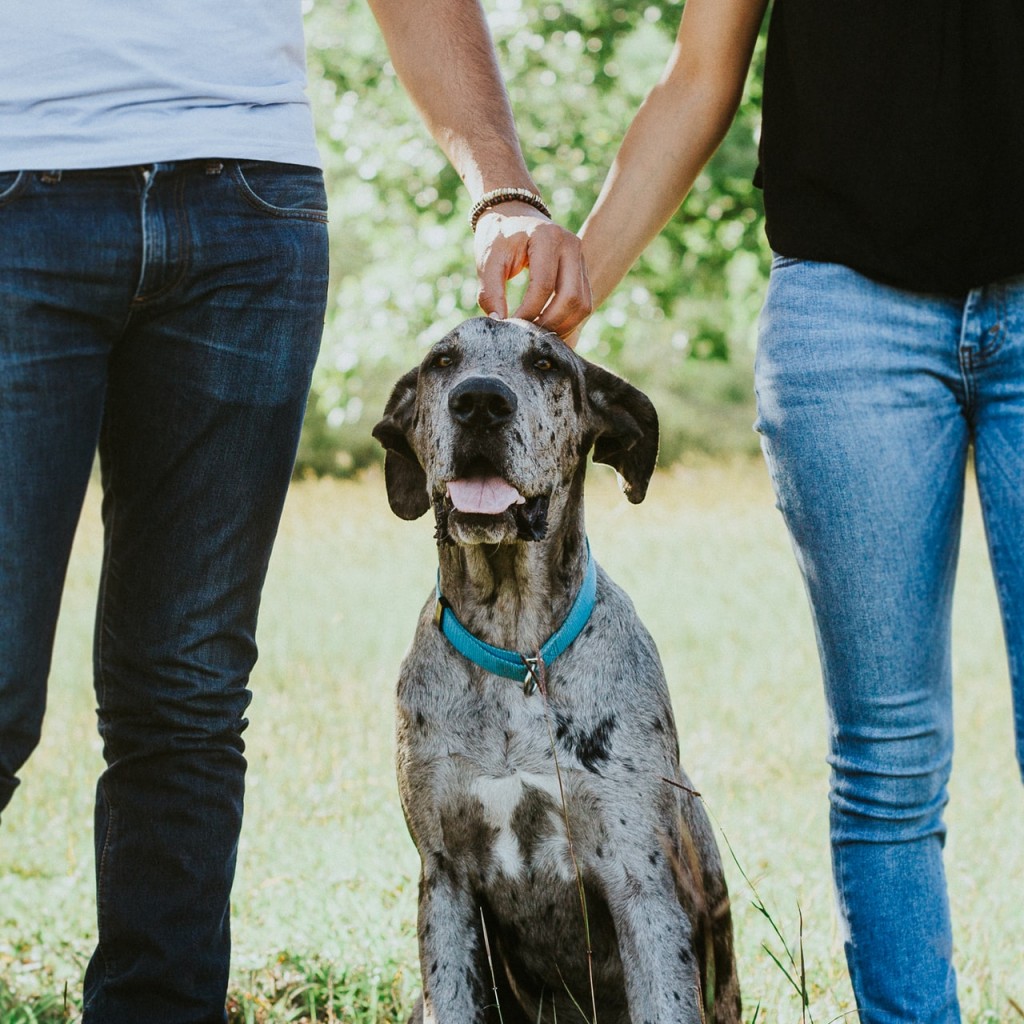Britain is a nation full of animal lovers and dogs are one of the most popular pets out there. Dogs can transform our lives in a multitude of ways with their unique characters providing comfort and support whilst also making us laugh. However when a relationship breaks down, dogs often get caught up in the separation process leading to difficulties arising over who will retain ownership at an already incredibly stressful and emotional time.
A fairly black and white approach is taken by the Court when considering who should keep the family dog. Dogs are treated as ‘chattels’ by the law, meaning they will be considered an item of personal property and therefore part of the overall financial settlement when parties separate. Whilst the individual who provides the day to day care may be able to keep the dog, often the Court will consider who originally paid for the dog, who is registered on the dog’s microchip and who pays the insurance when deciding who the dog should remain with.
The dog’s welfare and best interests may be considered but this is not enshrined in law. Where children are involved the Court’s primary concern will be to consider what is in the children’s best interests and it may be possible to put forward the argument that it would be in their best interests that the dog remain with them.
It is always preferable to try and resolve matters outside of Court by mutual agreement and there are a number of ways you can do this.
What steps can you take?
- Try to negotiate – often this will only be possible if the parties remain amicable and willing to find a solution. If it is clear neither party is willing to compromise, then this may not be the right step for you.
- Instruct a solicitor – your solicitor will set out proposals to see if an agreement can be reached. The proposals may include your dog’s welfare and best interests.
- Mediation – you can negotiate about future arrangements for your dog in the presence of a neutral third party who can assist both parties in reaching an amicable agreement. It may be worthwhile finding a mediator who deals with pet disputes and has experience of dogs.
- Court proceedings – this is the absolute last resort as it can prove costly and time consuming. It is important to note that the Judge will only make a decision on who should keep the pet, not on who should have visiting rights or provide financial support.
Pet-nup agreements
Blue Cross research suggests that separating couples most regularly argue about their dogs and cats. One way to pre-empt upset further down the line is to put in place a ‘Pet-nup’ prior to marriage or cohabitation which will place the dog’s welfare at its heart and help the parties avoid future disagreements. A pet-nup is a cost effective measure that can provide security in case things do not work out as planned in a relationship. They are available to all and can reduce distress and uncertainty for owners and dogs alike. One of the key benefits of a pet-nup is that they are very flexible and can be adapted to the parties’ circumstances.
You should consider the following:
- Who should take ownership of the dog/s?
- Where should the dog/s live?
- Who pays for the insurance?
- Who pays for the vets bills and upkeep?
- Who makes decisions about medical treatment?
- What happens if the resident owner goes on holiday?
Pet-nups can include provisions relating to the shared care for a dog whereby the dog resides with one party and the other party can continue to see the dog by taking them out for a walk once a week. Similarly, when the resident owner goes on holiday, the non-resident owner could look after the dog while they are away. It may be possible for some dogs to get used to shared care, provided they receive a similar level of care and have a stable routine. Their exercise needs, grooming, veterinary care and food should remain consistent. Every dog is different so it may be prudent to seek advice from a behaviour expert to see if your plans are feasible.
It may also be helpful to think about what happens when your dog gets older. Whilst this may be a tough topic of discussion, different people may have different views on how much to spend on medical treatment to prolong a dog’s life. The best interests and welfare of the dog should be the parties’ primary concern.
A pet-nup is a formal agreement similar to a pre-nup or separation agreement, none of which are technically legally binding. Nevertheless there are steps you can take to ensure that any agreement entered into is as legally binding as possible, and thus more likely to be upheld and enforced should Court proceedings become necessary in the future. If a pet-nup is of interest to you then you should seek legal advice on its terms prior to signing.
How can Tozers help?
For further information about any part of this article, or to talk to one of our dedicated Family Team, visit their hub page.
Get the latest news straight from our legal experts.
Subscribe to our newsletter to recieve current, dedicated, suppport and guidance from our solicitors straight to your inbox, wherever you are.







